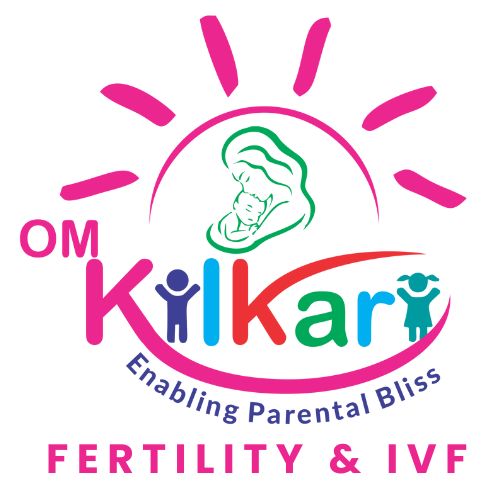
In vitro fertilization (IVF) is a physically and emotionally demanding journey. The process involves hormonal treatments, medical procedures, and uncertainty about outcomes, which can lead to stress, anxiety, and depression. Prioritizing mental health during IVF is crucial for emotional resilience and overall well-being.
This article explores evidence-based mental health support strategies for individuals and couples undergoing IVF, helping them navigate the emotional challenges with greater ease.
The Psychological Impact of IVF
IVF can trigger a range of emotions, including:
- Stress & Anxiety – Worries about success rates, financial costs, and physical side effects.
- Depression – Feelings of grief after failed cycles or negative pregnancy tests.
- Relationship Strain – Pressure on couples due to differing coping mechanisms.
- Isolation – Feeling alone when others don’t understand the struggle.
Recognizing these challenges is the first step toward managing them effectively.
Mental Health Support Strategies
1. Professional Counseling & Therapy
Seeking help from a fertility counselor or psychologist can provide structured emotional support.
| Type of Therapy | How It Helps |
|---|---|
| Cognitive Behavioral Therapy (CBT) | Helps reframe negative thoughts about IVF outcomes. |
| Mindfulness-Based Therapy | Reduces stress through meditation and present-moment awareness. |
| Couples Therapy | Improves communication and mutual support between partners. |
2. Support Groups & Peer Networks
Connecting with others going through IVF reduces feelings of isolation.
| Option | Benefits |
|---|---|
| In-Person Support Groups | Shared experiences in a safe, guided setting. |
| Online Communities (e.g., Reddit, Facebook groups) | 24/7 access to global IVF communities. |
| IVF Mentorship Programs | Guidance from those who’ve successfully completed IVF. |
3. Stress-Reduction Techniques
Managing stress can improve IVF outcomes by lowering cortisol levels.
| Technique | How to Practice |
|---|---|
| Meditation & Deep Breathing | 10-min daily sessions to calm the nervous system. |
| Yoga & Gentle Exercise | Reduces tension and improves circulation. |
| Journaling | Expressing emotions privately to process feelings. |
4. Setting Realistic Expectations
- Understand that IVF success rates vary by age, health, and clinic.
- Prepare for multiple cycles rather than expecting immediate success.
- Celebrate small wins (e.g., good egg retrieval numbers).
5. Self-Care & Emotional Nurturing
- Prioritize rest – Fatigue worsens emotional distress.
- Engage in hobbies – Distraction can provide mental relief.
- Limit social media – Avoid comparing your journey to others’.
6. Partner & Family Support
- Open communication – Share fears and hopes honestly.
- Divide responsibilities – One partner handles injections, the other manages appointments.
- Set boundaries – Politely decline intrusive questions from family/friends.
When to Seek Professional Help
If you experience:
✔ Persistent sadness or hopelessness
✔ Panic attacks or severe anxiety
✔ Strained relationships due to IVF stress
✔ Loss of interest in daily activities
Consider speaking with a mental health professional specializing in fertility issues.
Conclusion
IVF is not just a medical process—it’s an emotional journey. By incorporating therapy, support networks, stress management, and self-care, individuals and couples can build resilience and maintain mental well-being throughout treatment.
Remember: Seeking help is a sign of strength, not weakness. Prioritizing mental health can make the IVF journey more manageable and even improve outcomes.
